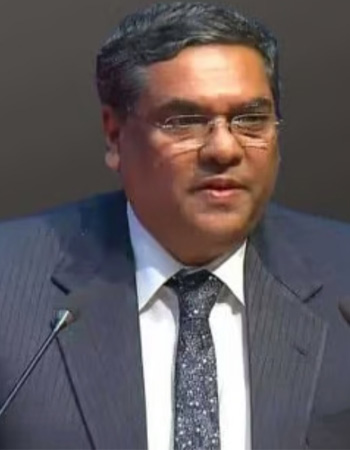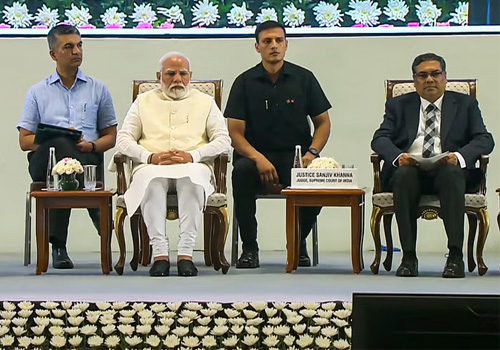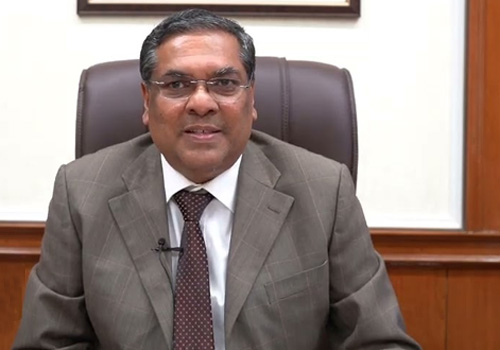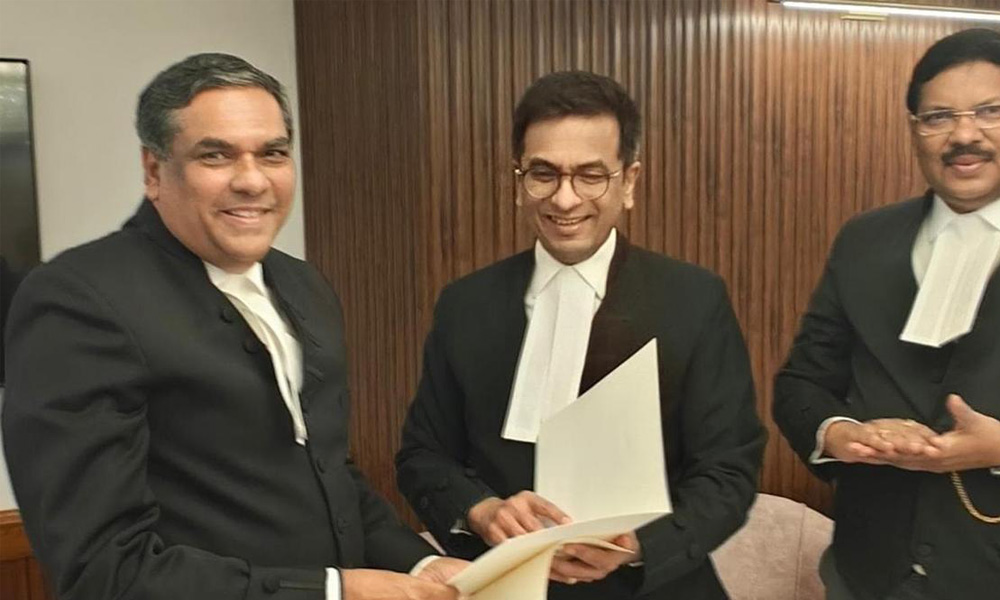Justice Sanjiv Khanna (जस्टिस संजीव खन्ना)

Justice Sanjiv Khanna took the oath as the 51st Chief Justice of India on November 11, 2024.
Early Life and Education: Justice Khanna was born on May 14, 1960, in New Delhi. He completed his schooling at Modern School, New Delhi, in 1977 and graduated from St. Stephen's College, Delhi, in 1980. He then earned a Bachelor of Laws (LL.B.) degree from the Faculty of Law, University of Delhi. His family has a deep connection with the judicial field. His father, Justice Dev Raj Khanna, served as a judge in the Delhi High Court, and his mother, Saroj Khanna, was a Hindi lecturer at Lady Shri Ram College, Delhi. His uncle, Justice Hans Raj Khanna, is renowned for his landmark judgments, particularly for the "Basic Structure Doctrine" in 1973 and his courageous decision during the Emergency.


Legal Career: After registering with the Delhi Bar Council in 1983, Justice Khanna established a strong legal practice. He served as Senior Standing Counsel for the Income Tax Department and was appointed Standing Counsel (Civil) for the National Capital Territory of Delhi in 2004. On June 24, 2005, he was appointed as an Additional Judge in the Delhi High Court and was made a permanent judge on February 20, 2006. Justice Khanna was appointed as a judge of the Supreme Court of India on January 18, 2019.

Personal Life: Justice Khanna is married and has two children. His family has made significant contributions to the legal field, with both his father and uncle having held high judicial positions.
His career is a testament to his commitment to the independence, integrity, and protection of justice in the Indian judiciary.
Leave Your Suggestion